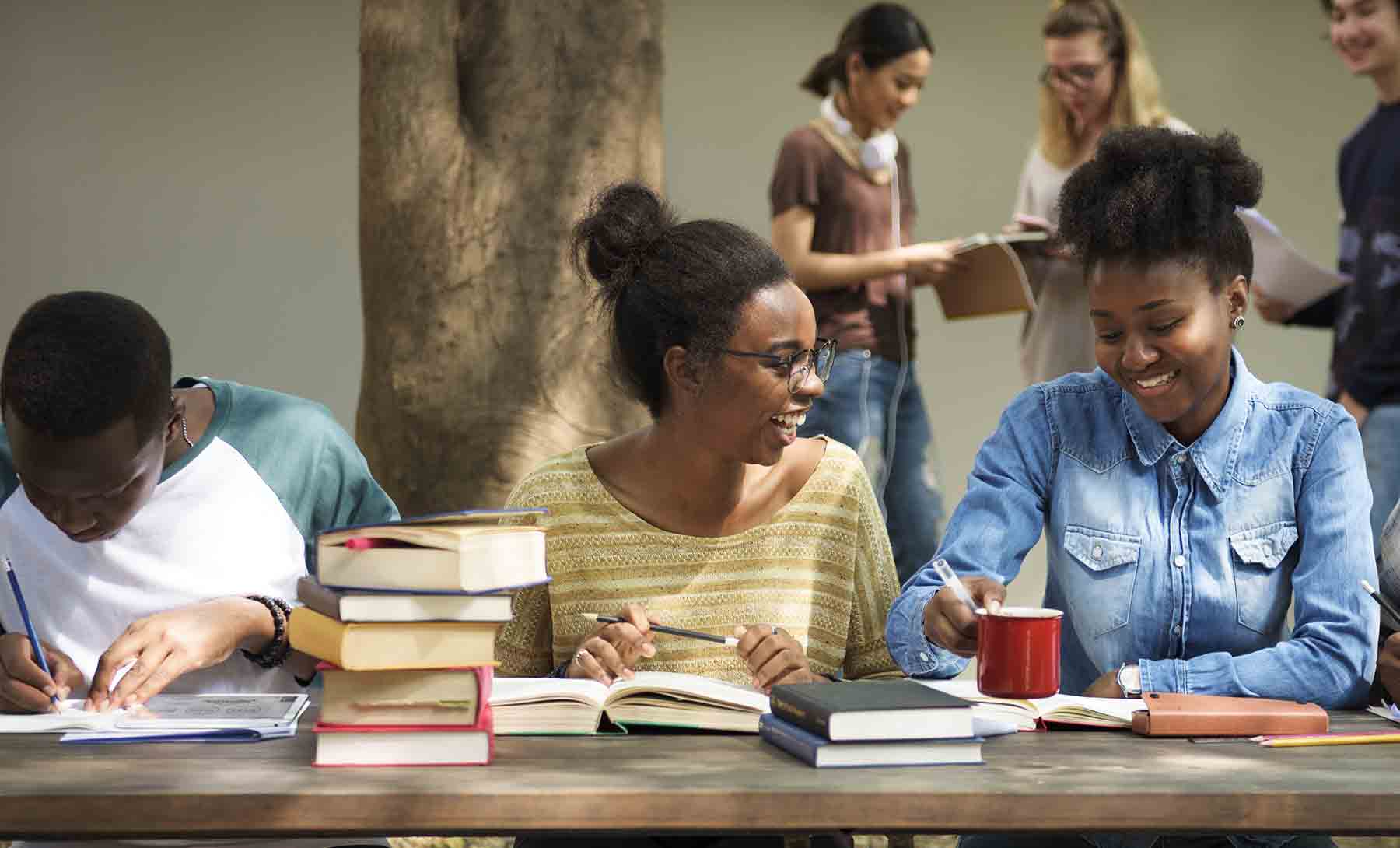Although many theories have been proposed to explain the social class achievement gap between first-generation (FGC) and continuing-generation (CGC) college students, few have taken into account the idea that FGC students need to acculturate to the culture of college. Just as people who move to another country face challenges adjusting to a new cultural context, so may FGC students as they attempt to navigate the middle-class culture of the university. We propose that people can be bicultural as a function not only of different ethnic or national identities, but also because they may have multiple social class identities. The present article integrates research and theory regarding social class, biculturalism, and bicultural identity integration.
Explorescholarly articles
Utilizing social class bicultural identity integration to improve outcomes for first-generation college students.
Related Stories

Data, Assessment, & Evaluation
Staff Perceptions of First-in-Family Students in Higher Education: A Case Study of a Belgian College

Access and Persistence
“I Wasn’t Supposed to Be There”: Examining the Experiences of First-Generation Women of Color in Undergraduate STEM Majors

Data, Assessment, & Evaluation
